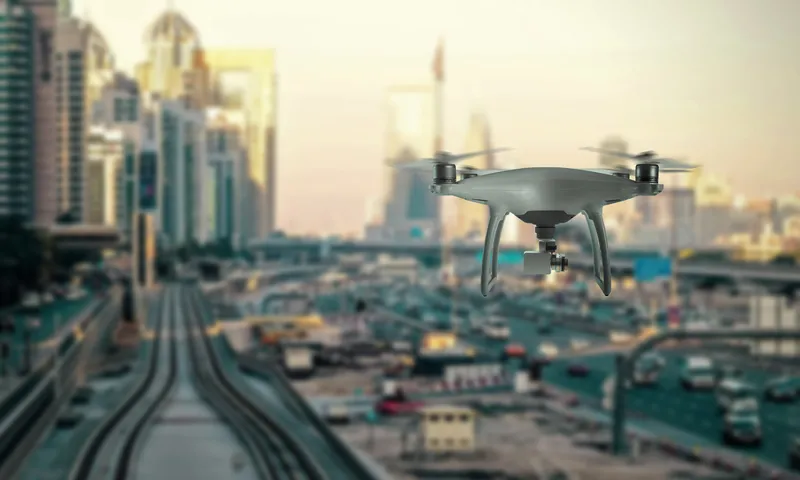A new report released today from the National League of Cities (NLC) explores trends in mobility and technology in cities and identifies what cities can do to move seamlessly and efficiently into the future of mobility. City of the Future: Technology and Mobility explores how transportation will change with coming technological disruptions, draws on knowledge from leading experts in the field and delves into city and regional transportation planning documents from the 50 most populous US cities, as well as
November 11, 2015
Read time: 2 mins
A new report released today from the National League of Cities (NLC) explores trends in mobility and technology in cities and identifies what cities can do to move seamlessly and efficiently into the future of mobility. City of the Future: Technology and Mobility explores how transportation will change with coming technological disruptions, draws on knowledge from leading experts in the field and delves into city and regional transportation planning documents from the 50 most populous US cities, as well as the largest cities in every state, providing an unprecedented look into what is happening next.
"Transportation is critical for our cities. This report is part of a multi-year research project that focuses on five different factors affecting cities: technology, economics, climate resilience, culture and demographics," said National League of Cities CEO and Executive Director Clarence E. Anthony. "By exploring mobility and the impact technology is having on how we all get around, NLC is highlighting specific issues that will help cities anticipate changes in the urban landscape and prepare for the future."
The report finds widening gaps between innovation in the private sector, the expressed preferences of citizens and the visions of city planners regarding transportation investment. The mobility environment in cities is rapidly shifting, primarily due to technology, and this will impact cities' future land-use decision-making, as well as infrastructure planning.
Specifically, a majority of cities do not have concentrated efforts to prepare for new transportation innovations. Though half of the cities surveyed have explicit plans for new highway and infrastructure construction and maintenance, the majority of cities are not taking into account the effect of driverless technology or private transportation network companies.
"Our collective thoughts on the future of transportation have moved from DeLoreans to driverless cars in what seems like the blink of an eye," said Brooks Rainwater, director, NLC Center for City Solutions and Applied Research. "With the mobility environment rapidly changing, cities are central and leading the effort toward better, more seamless and equitable transportation systems."
"Transportation is critical for our cities. This report is part of a multi-year research project that focuses on five different factors affecting cities: technology, economics, climate resilience, culture and demographics," said National League of Cities CEO and Executive Director Clarence E. Anthony. "By exploring mobility and the impact technology is having on how we all get around, NLC is highlighting specific issues that will help cities anticipate changes in the urban landscape and prepare for the future."
The report finds widening gaps between innovation in the private sector, the expressed preferences of citizens and the visions of city planners regarding transportation investment. The mobility environment in cities is rapidly shifting, primarily due to technology, and this will impact cities' future land-use decision-making, as well as infrastructure planning.
Specifically, a majority of cities do not have concentrated efforts to prepare for new transportation innovations. Though half of the cities surveyed have explicit plans for new highway and infrastructure construction and maintenance, the majority of cities are not taking into account the effect of driverless technology or private transportation network companies.
"Our collective thoughts on the future of transportation have moved from DeLoreans to driverless cars in what seems like the blink of an eye," said Brooks Rainwater, director, NLC Center for City Solutions and Applied Research. "With the mobility environment rapidly changing, cities are central and leading the effort toward better, more seamless and equitable transportation systems."









